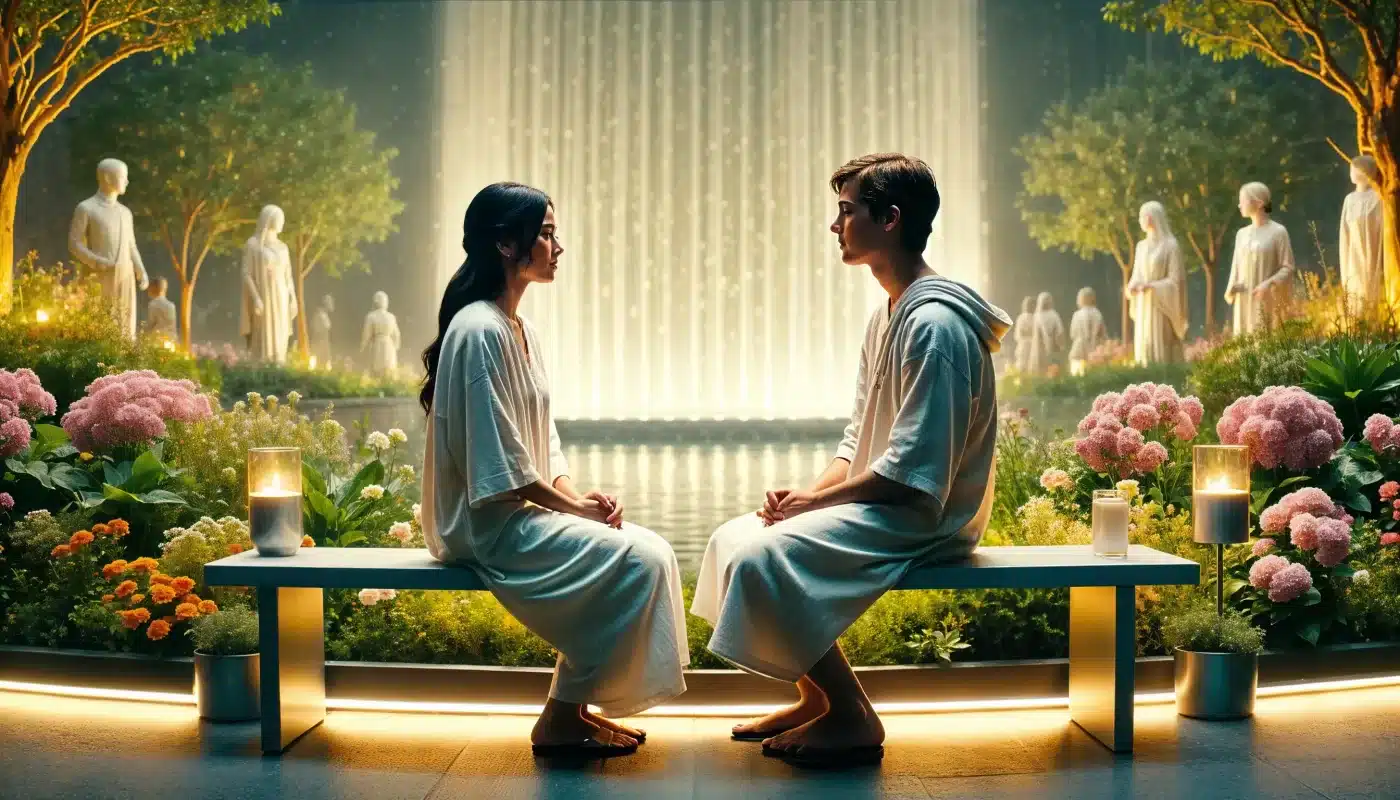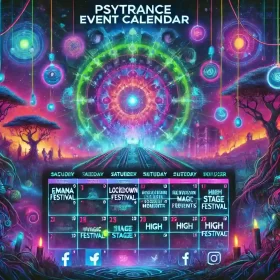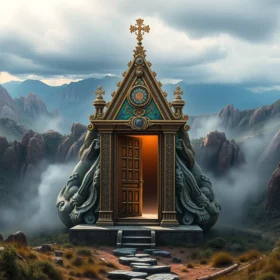
Movie A Visa to Heaven
A Visa to Heaven (originally Defending Your Life) is one of those films which, even years after its release in 1991, continues to enchant and provoke reflection. Directed by and starring Albert Brooks, this film mixes comedy, drama and fantasy in a way that makes us think about the big questions of life, but without losing the good humor. Let's dive into this work that, with its lightness, brings deep messages and invites us to reflect on our own lives.
1. The Story of Daniel Miller
The plot revolves around Daniel Miller, an ordinary man who, after dying in a car accident, finds himself in “Judgment City”. It is there that he must “defend” his life to decide whether he is ready to go to a better place or whether he will have to return to Earth and try again. The idea here is that, after death, we all go through a judgment where our actions and, mainly, our fears are evaluated.
“Judgment City” is a kind of limbo, with a vibe very similar to a city in the United States, but with some subtle differences. There, Daniel meets Julia, played by Meryl Streep, a woman who seems to have lived a perfect life. From this encounter, a romance is born that brings to light even more reflections on life, fear and courage.
2. A Light Look at Deep Issues
The great merit of A Visa to Heaven is its ability to deal with heavy themes, such as fear and regret, in a light and accessible way. Albert Brooks, who also wrote the screenplay, uses humor to explore these universal human feelings.
For example, throughout the film, we see Daniel relive moments in his life when he let fear get the better of him, and it's impossible not to identify with him at some point. Who has never found themselves paralyzed in the face of a great opportunity or regretted a choice for fear of what others might think?
The film's narrative reminds us that, in the end, what really matters is not so much our achievements, but our ability to overcome the fears that prevent us from living fully.
3. A Cast That Shines
Albert Brooks is impeccable as Daniel Miller, bringing a mix of insecurity and self-deprecating humor that makes his character extremely captivating. Meryl Streep, as always, delivers a graceful and charismatic performance, making Julia a charming and lively character. The chemistry between the two actors is palpable, and the scenes they share are some of the most memorable in the film.
Rip Torn, as Bob Diamond, Daniel's heavenly lawyer, steals the show with his sarcastic humor and commanding presence. He brings the character to life so naturally that it's hard to imagine anyone else in the role.
4. The City of Judgment: A Surreal Scenery
Visually, A Visa to Heaven hits the nail on the head when it comes to creating “Judgment City” as a familiar place, but with a surreal twist. The cinematography, directed by Allen Daviau, is simple but effective. The city is depicted in a way that resembles a typical American city, but there is an ethereal, almost dreamlike tone that permeates the scenes, reminding the viewer that we are in a place that does not belong to the world of the living.
This visual choice reinforces the tone of the film, which is constantly oscillating between the familiar and the unfamiliar, reflecting Daniel's own journey.
5. Reception and Legacy
A Visa to Heaven was very well received by critics, and it's not hard to see why. The film managed a rare combination of humor, romance, and philosophical reflection, which has secured its position as a cult classic. On Rotten Tomatoes, for example, the film has an impressive rating of 97%, based on 32 reviews.

Renowned critics such as Roger Ebert praised the film, highlighting its satisfying ending and its ability to be “funny in a warm way.” Variety also spoke highly of the film, describing it as “inventive and lightly whimsical.” But perhaps the greatest praise comes from the audience. Over the years, many people going through difficult times have found comfort in the film, as Brooks himself mentioned in an interview with Rolling Stone.
6. Final Reflections
A Visa to Heaven is more than just a comedy about the afterlife. It is a film that makes us reflect on our own lives, our fears and the way we choose to live. With humor and lightness, Albert Brooks invites us to look inside ourselves and question whether we are really living the best life possible, or if we are letting fear stop us from achieving what we truly want.
For those who haven't watched it yet, here's a recommendation: A Visa to Heaven It is a unique cinematic experience, which mixes laughter and reflection in a way that few films can. It is a work that, even more than 30 years after its release, remains relevant and touching, capable of making us think about what it really means to live.






